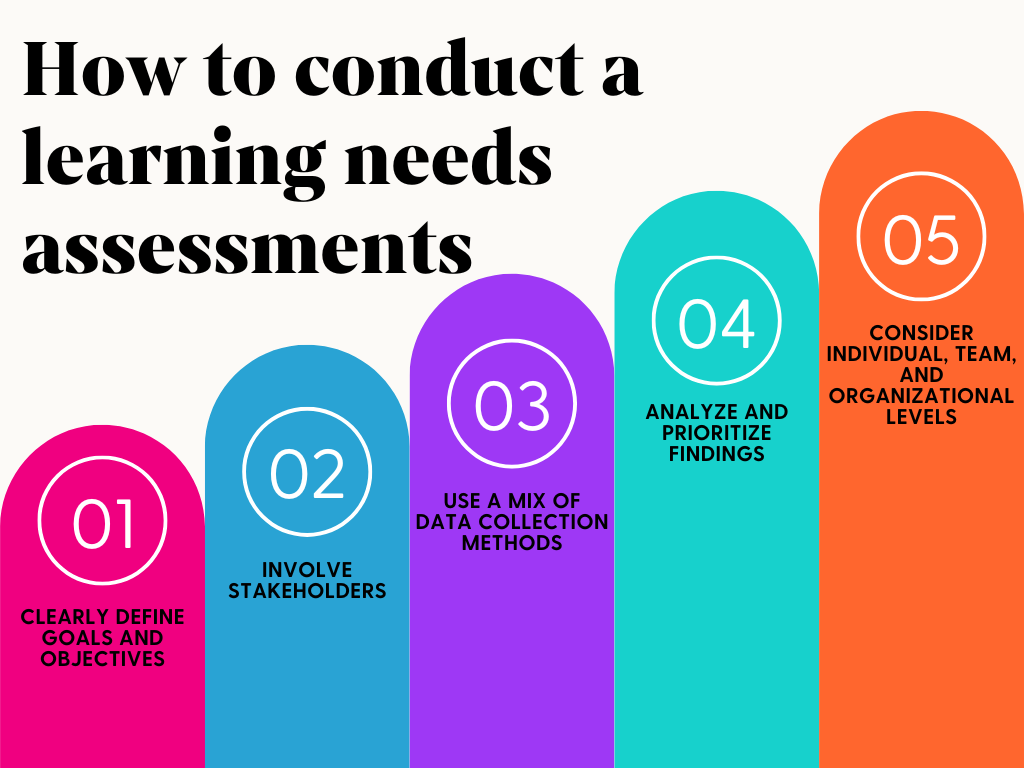It’s time to bring others into your plan. Remember, an LMS serves everyone in the business but you can’t ask everyone their opinions. Instead, you will want to identify key stakeholders who can represent the opinions of the people inside your organization.
→ Need a little support? Take a look at our Stakeholder Engagement Playbook. Inside, you’ll learn about the roles and the players of your LMS exploration. We even provide tips for how to communication with each of them.
Ten simple learning needs questions to ask your key stakeholders
- What specific skills or knowledge do you feel are important for your role or department?
- What areas do you feel you need additional training or development to perform your job more effectively?
- What new technologies, tools, or processes would you like to learn more about to improve your job performance?
- What compliance or regulatory training requirements do you think should be addressed, now and in the future (new contracts need new certification)?
- What soft skills, such as communication, leadership, or problem-solving, would like to enhance through training?
- What career development opportunities or areas of professional growth are you interested in pursuing?
- What gaps are there in your current training or development programs that need to be addressed?
- How do you prefer to learn? (e.g., through in-person workshops, online courses, self-paced modules, mentoring, etc.)
- What specific challenges or obstacles do you face in your role where training could provide support or solutions?
- What industry trends or emerging topics, training approaches do you believe should be incorporated into our training programs?
How to ask these questions to get the best responses
These questions can be used in surveys, focus groups, or one-on-one discussions with employees to gather their input and tailor learning and development initiatives to meet their needs effectively.
Using a survey tool is super easy and can get you a bigger audience response. But again, less can be more! Don’t over complicate it. Even one-on-one conversations provide invaluable input to your overall project.
These questions are purposefully open! Try not to change them to allow for one-word answers, we want some free text, open discussion that you need to collate and collect.
Remember to create an open and supportive environment where employees feel comfortable sharing their thoughts and suggestions.





